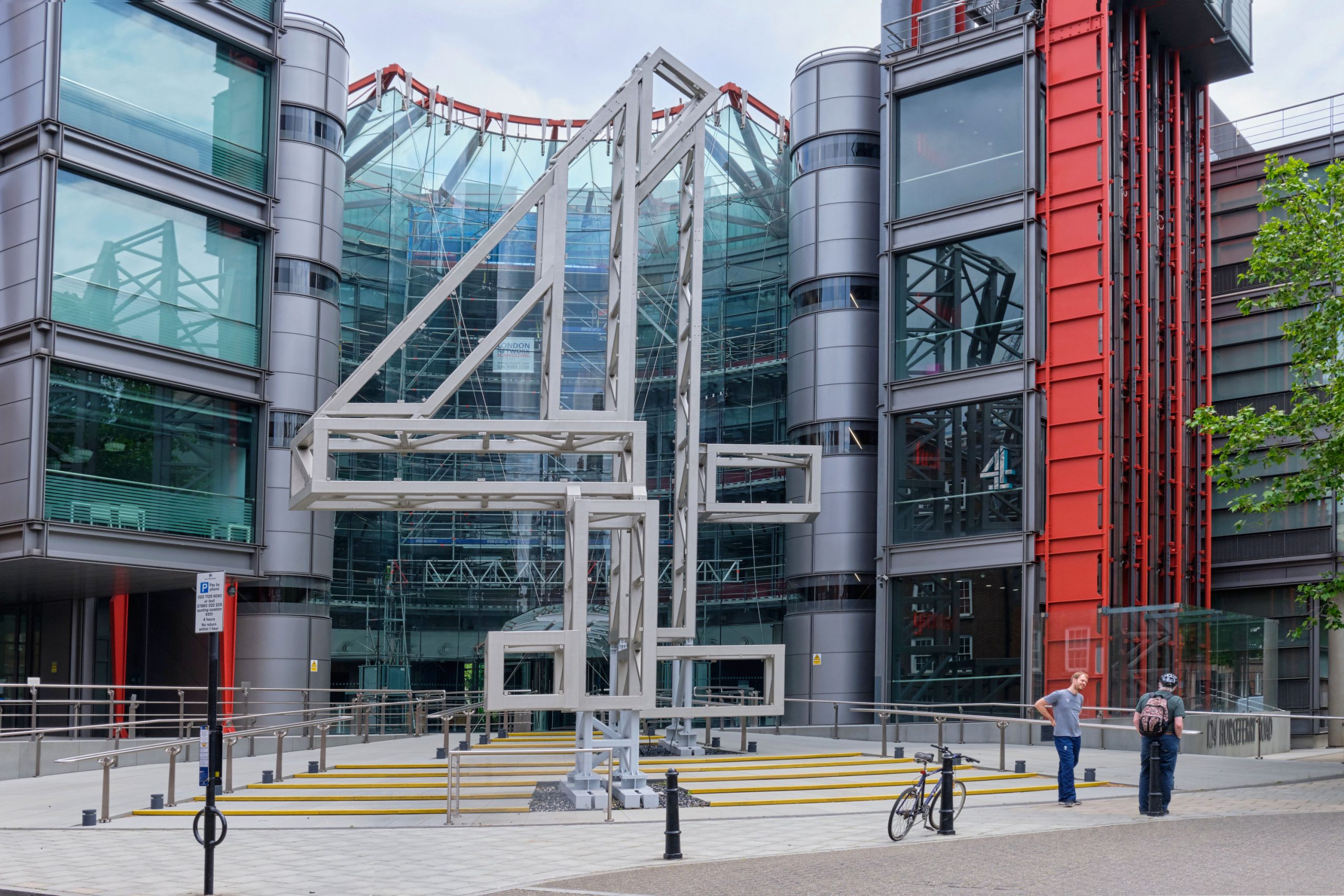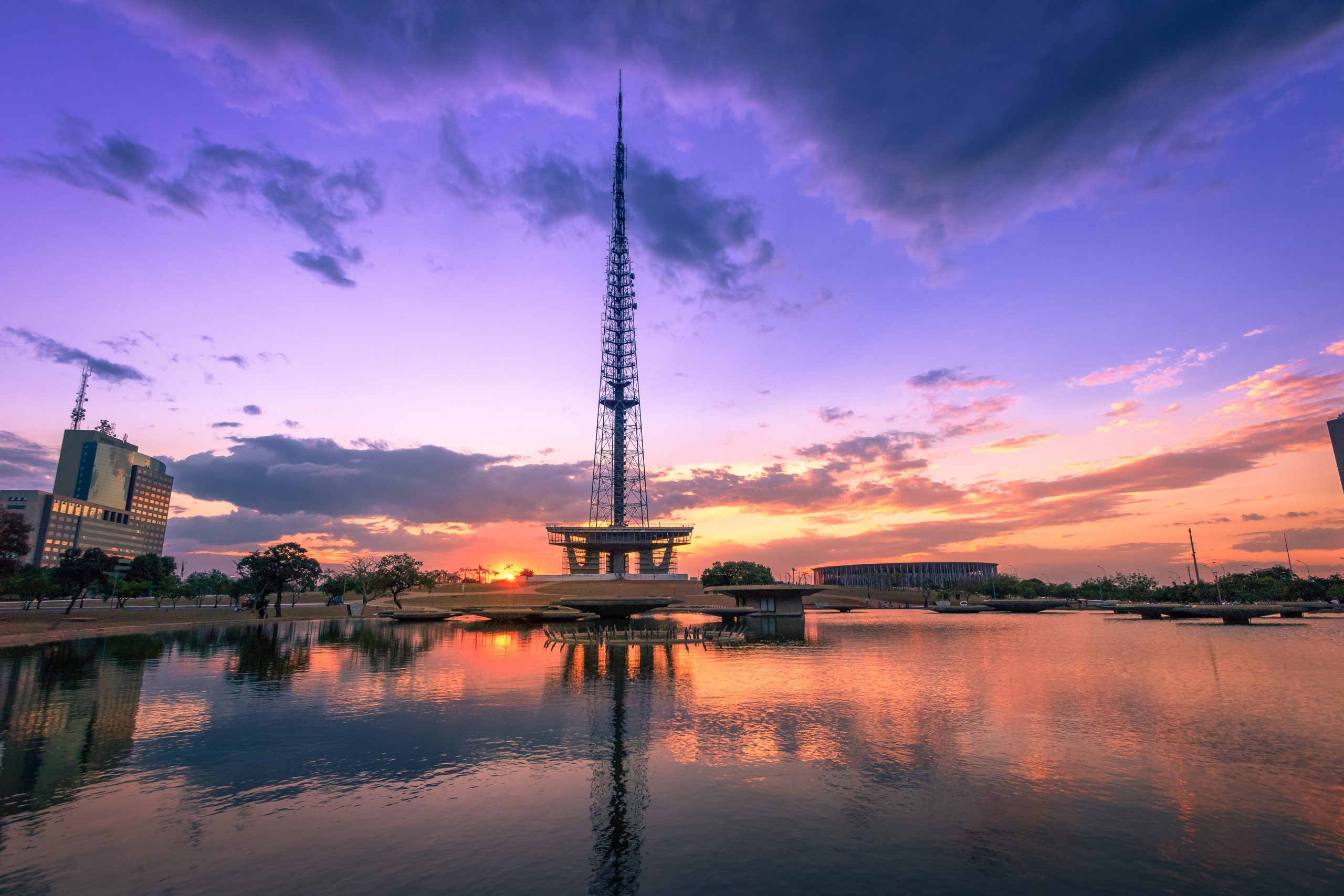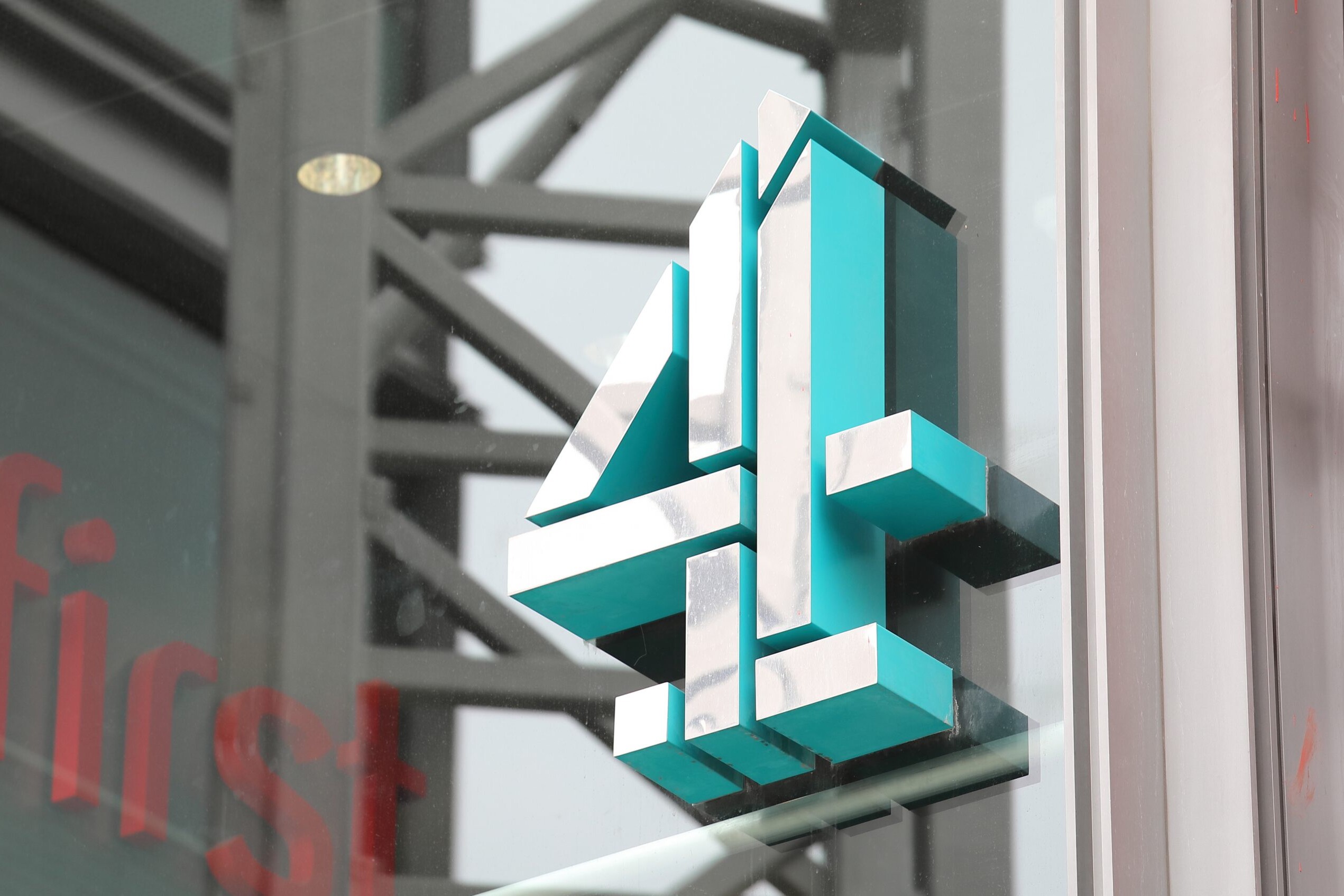Privatisation off the table for Channel 4 and EBC
5th January 2023
The UK government is to scrap plans to privatise Channel 4, while Brazil’s new government has removed the national broadcaster, EBC, from its privatisation programme.

In a positive start to the year for public broadcasting worldwide, plans to privatise two publicly owned media organisations – one British and one Brazilian – have been shelved.
UK
Channel 4 was due to be privatised under Boris Johnson’s administration. However, the current Culture Secretary, Michelle Donelan, has now recommended the channel remains under public ownership.
“Pursuing a sale at this point is not the right decision and there are better ways to secure C4C’s [Channel 4 Corporation] sustainability and that of the UK independent production sector,” Ms. Donelan wrote, according to a leaked copy of the letter she sent to the Prime Minister, Rishi Sunak. “Indeed C4C’s role in supporting growth in our independent production sector, a sector which is currently worth around £3 billion to our economy, would be very disrupted by a sale at a time when growth and economic stability are our priorities.”
SCOOP: Letter from Culture Secretary Michelle Donelan to Rishi Sunak confirming her recommendation is that Channel 4 privatisation does NOT go ahead. Says there are “better ways to ensure C4’s sustainability.”
Direct opposite of what the Johnson government said. pic.twitter.com/KOH78NVJjt
— Lewis Goodall (@lewis_goodall) January 4, 2023
However, in the letter Ms. Donelan suggested there were still legislative changes which should be introduced to ensure the broadcaster remains competitive, relevant, and able to adapt to the changes of the digital streaming age. According to the government press release, there would be a relaxing of the channel’s status as “publisher broadcaster”. Currently, that status effectively prevents the broadcaster from making and owning the content it features. Ms. Donelan said that allowing Channel 4 to make and own its content would provide greater commercial flexibility at a time when its main income stream comes from linear TV advertising, which is in long-term decline.
Meanwhile, she has also proposed improving governance and long-term strategic thinking at the broadcaster to ensure it is futureproof.
This is a significant and encouraging development. In 2022, the Public Media Alliance (PMA) responded to an inquiry by the House Lords stating its belief that the sale of Channel 4 would serve no economic, cultural or societal benefit, and indeed would be to the detriment of audiences who are well-served by the diverse content the broadcaster produces.
“Pursuing a sale at this point is not the right decision and there are better ways to secure C4C’s sustainability and that of the UK independent production sector” – Michelle Donelan, UK Culture Secretary
Furthermore, privatisation would have a substantial impact on the UK production sector. Channel 4’s role investing in small and medium sized production companies provides enormous opportunity not found elsewhere in the UK creative economy. Allowing the broadcaster to start making its own content does provide some complications when it comes to how it might impact the channel’s investment in the production sector. However, Ms. Donelan has stated that work would be undertaken to safeguard this.
Ultimately, providing the channel with greater flexibility to find new or increased revenue streams – Ms. Donelan also suggested increasing the broadcaster’s borrowing limit beyond £200 million – is welcome and much needed at a time of great change in the market.
The decision has been welcomed by Channel 4. In a statement, CEO Alex Mahon sad “I am personally delighted that we will be able to do more, making positive change for the people that others don’t fight for. We will move faster, invest more, take more risks, break down barriers and push boundaries; getting up to do that every day is an utter privilege for those of us lucky enough to work at Channel 4.”
Brazil

However, Channel 4 is not the only publicly owned broadcaster to have the prospect of privatisation dispelled since the new year. On Monday, with Luiz Inácio Lula da Silva inaugurated as the new President of Brazil, he signed a dispatch which removed eight public companies from the previous administration’s privatisation programme.
One of those is Empresa Brasil de Comunicação (EBC), the country’s national media company, which operates TV Brasil, Agência Brasil, and seven radio stations.
Privatisation for EBC escalated in 2021, when under Jair Bolsonaro’s government, companies were invited to submit plans. The previous government also presided over a significant weakening of the broadcaster’s editorial independence and integrity. Allegations of censorship also surfaced before last year’s presidential election.
EBC still has numerous issues it needs to deal with urgently, from ensuring it has legislative protections from political interference, to restoring public trust in the broadcaster. However, the most urgent issue was the question over its ownership. That it is safe from privatisation is extremely positive and allows these other issues to be dealt with subsequently.
Collectively, the news that both Channel 4 and EBC are reportedly no longer at risk from privatisation marks a positive start to the new year. That said, it should not obscure the very real and serious challenges still facing public media worldwide – from funding to journalist safety; from mis- and disinformation to censorship; from increased dominance of tech giants to changing consumption trends.
Throughout 2023, PMA will continue to monitor, share insights and analyse trends, to explore how public media organisations are meeting these challenges.
Related Posts
13th December 2022
Focus on Brazil: What lies ahead for public media?
New leadership for Brazil may signal a…
26th September 2022
Censorship, harassment, and misinformation characterise Brazil’s 2022 election
Censorship and harassment at EBC, and…
